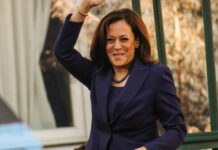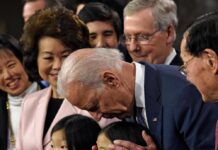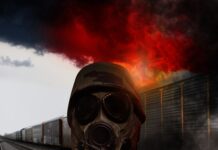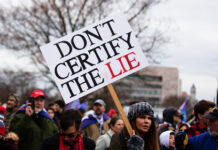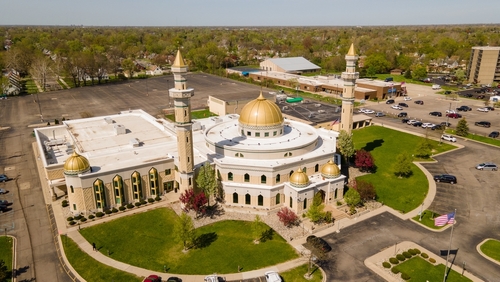
In the wake of a provocative opinion piece that has stirred significant controversy, the city of Dearborn, Michigan, finds itself grappling with heightened tensions. The article in question, which referred to Dearborn as “America’s Jihad Capital,” has prompted local authorities to take preemptive measures to ensure the safety of its residents, particularly those of the Muslim faith.
Dearborn’s mayor has responded to the ensuing unease by deploying additional police forces to guard mosques around the city. This decision underscores the gravity of the situation and the potential for Islamophobic backlash that could arise from such inflammatory characterizations. It is a sobering reminder of the delicate balance between free speech and the incitement of hatred.
🚨🚨🇺🇸
Police in Michigan city put on Alert after WSJ opinion piece:
"Welcome to Dearborn, America's Jihad Capital."The mayor of Dearborn, Michigan, said the city's police officers were ramping up their presence across places of worship and significant infrastructure points… pic.twitter.com/zaqkTiewz6
— AMEEN (@Ameen_media) February 5, 2024
The city’s large Muslim population, which is the most significant in the United States, has been unjustly thrust into the national spotlight. Critics argue that the label attached to Dearborn is not only misleading but also harmful, as it paints the entire community with a broad brush of extremism. This is particularly concerning given the city’s history of peaceful interfaith relations and cultural diversity.
Residents and leaders within Dearborn have voiced their opposition to the article’s claims, emphasizing the city’s rich tapestry of cultures and its contributions to the American fabric. They point out that the city has been a beacon of inclusivity and a place where immigrants from various backgrounds, including those from Italy, have found a welcoming home.
"Dearborn Michigan, America’s Jihad Capital"
Are you surprised?, leave your opinionsCurrently @RepRashida Talib is the Congresswoman for Michigan’s 12th Congressional District, which includes the city of Dearborn. She recently voted against the introduction of legislation to… pic.twitter.com/B8Q97yzIvQ
— Leslie Kajomovitz (@lkajomovitz) February 3, 2024
The backlash against the article has been swift and fierce, with many condemning it as blatant Islamophobia. The concern is that such rhetoric does not merely exist in a vacuum; it has real-world implications, potentially endangering the lives of innocent people. It is a stark reminder that words can be weaponized and that responsible journalism must consider the impact of its narratives.
In the political arena, the situation in Dearborn has reignited debates over national security and civil liberties. Some argue that vigilance against potential threats should not come at the expense of stigmatizing an entire community. Others insist that counterterrorism agencies must remain alert to all possibilities without resorting to fearmongering or collective suspicion.
As the city braces for the potential fallout from the article, it is clear that the issue at hand extends beyond Dearborn’s borders. It is a national conversation about how we address security concerns while upholding the values of tolerance and unity that define us as a nation. The eyes of America are on Dearborn, not as a so-called “jihad capital,” but as a test case for our ability to navigate the complexities of a diverse society.
In conclusion, the situation in Dearborn serves as a cautionary tale about the consequences of divisive language in the media. It is a call to action for communities across the nation to stand together against bigotry and to reaffirm our commitment to the principles of acceptance and mutual respect. As Dearborn’s residents and officials demonstrate resilience in the face of adversity, they set an example for the rest of the country to follow.


